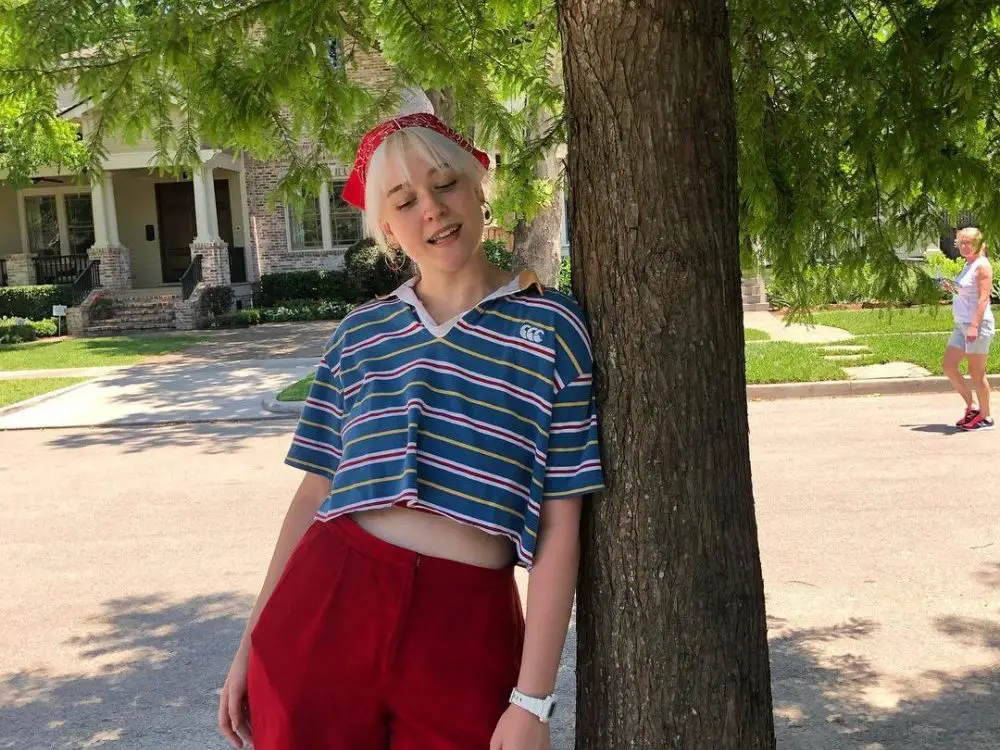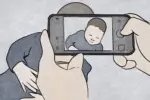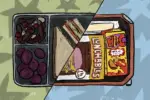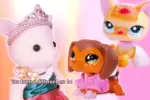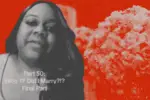Educational icons such as Bill Nye the Science Guy, Carl Sagan, Hank Green and even Ms. Frizzle from “The Magic School Bus” make science interesting for people of all ages. TikToker Mags4science is joining their ranks. She makes science accessible by creating videos that are entertaining and explain convoluted scientific topics in 60 seconds or less by using wording anyone can understand.
Even though she only published her first TikTok on May 3, Mags4science — otherwise known as Maggie Burruss — has amassed over 527,000 followers. In her first TikTok on the Mags4science account, Maggie mentions that she is a biology major and an astrobiology minor; her viewers can rest assured that they’re getting accurate information from her TikToks.
@mags4science Your first astrobiology lecture! #astrobiology #fyp #education #spacethings #nasa #science
In one of the videos on Maggie’s account, she tells her viewers exactly why she’s so passionate about creating science videos. She explains that when she was younger, she was always told that science was too hard for her to comprehend.
When Maggie started her biology degree in college, she discovered, “The science wasn’t too hard for me to understand. The scientists just didn’t want to explain it using words people can understand. So, I realized what I had to do. I was going to make it my job to explain the coolest, most unanswerable parts of science to any audience, because everyone deserves to feel like a scientist.”
Mags4science has succeeded at exactly what she set out to do. Her bubbly personality and enthusiasm for science shine in each TikTok she produces. She adds in jokes, props and colorful captions to make her videos easy to understand. Almost anyone could watch a few of her TikTok videos and understand the basics of biology, astrobiology and a few other branches of science.
Since starting her account, Maggie has taken on a few lofty projects. One of the fun series on Mags4science is “Share It Sunday.” These videos are meant to be watched and shared with friends and family. Each video includes fun science facts, which range from the amount of DNA in the human body to where the elements in the universe come from. Watching these “Share It Sunday” videos with loved ones can help spread accurate scientific information to everyone.
In the month of June, Maggie posted a TikTok every single day to promote LGBTQ+ women in STEM fields. In her first video of the month, she explains why humans cry and the different types of tears a body can produce. According to Mags4science, crying for a long period of time can release oxytocin and endogenous opioids, which can improve overall mood. Maggie brings in a wholesome element to the video by letting her audience know that crying is good for them and that it is okay to cry.
@mags4science For those who haven’t let themselves cry over recent events: let yourself cry. It’s okay.
On the Mags4science account, no topic is off-limits. In her TikToks, Maggie explores the possible truth of science fiction tropes like extraterrestrial life and time travel. She poses various questions to her audience, including the following: “Say you were an astronaut and you found some goop in space, and you were pretty certain it was living, but you couldn’t be sure. How could you prove that your goop was living?”
It’s a question that most people might not consider, but an interesting one to ponder once it’s been posed. Maggie first explains the seven characteristics of life, and then breaks down why it’s ineffective to use those characteristics when considering what an alien life-form would look like.
Aliens currently only exist in the wildest of imaginations; no one knows if they even exist or what they would look like if they did. Scientists can make educated guesses, but no one knows for sure how life would appear on other planets. Maggie encourages her viewers to be as creative as possible when thinking about what extraterrestrial life could look like, since no one on Earth has a concrete answer.
Though most of the videos on Mags4science are upbeat and fun, some of them address more serious topics. In May, when millions of people were protesting the death of George Floyd, Maggie published several videos that included first aid advice. She taught her audience how to handle tear gas and pepper spray exposure. She also explained how to prevent dehydration and heatstroke, as well as how to apply or create bandages for wounds.
In one TikTok, Maggie even elaborates on her own experience at a peaceful protest. She says that someone accidentally spilled chemicals on her clothing, and gives a detailed tutorial on how to remove chemicals from fabric. Maggie also gives protestors tips on how to safely treat a chemical burn and how to handle the different stages of bleeding.
@mags4science OKAY THIS IS THE LAST TIME IM POSTING THIS VIDEO. PLEASE TRY TO GET THIS ON THE FYP BC IT HASNT FOR THE LAST THREE TRIES
Maggie also publishes TikToks that bring awareness to the racism and sexism that are prevalent in STEM. She makes skits showcasing her own experiences with sexism, like the time a male interviewer congratulated her on being “more than a pretty face” when she was presenting the results of an experiment. This is helpful and relatable for the women in STEM who experience the same problems.
Another great aspect of Maggie’s content is how uplifting it is. A few months ago, a video from TikTok user gracie.ham received backlash online. In the video, gracie.ham asks how math was created and why humans even needed to use it in the first place. Some people on social media shamed her for asking such “dumb” questions.
Maggie dueted the video and included a caption stating, “You guys realize this is how the greatest scientists think?!” She praises gracie.ham for being beautifully curious, and reminds her audience to stop making fun of people for questioning the world around them.
On her account, Maggie also mentions that it’s her dream to have a children’s science television show. With her contagious energy, curious mind and wholesome content, it’s impossible to not see how successful Maggie would be if she really was given her own show. Hopefully it’s a goal she’ll achieve in the future, but until then, Mags4science will continue to be a spot for accessible, accurate and entertaining science information on TikTok.


